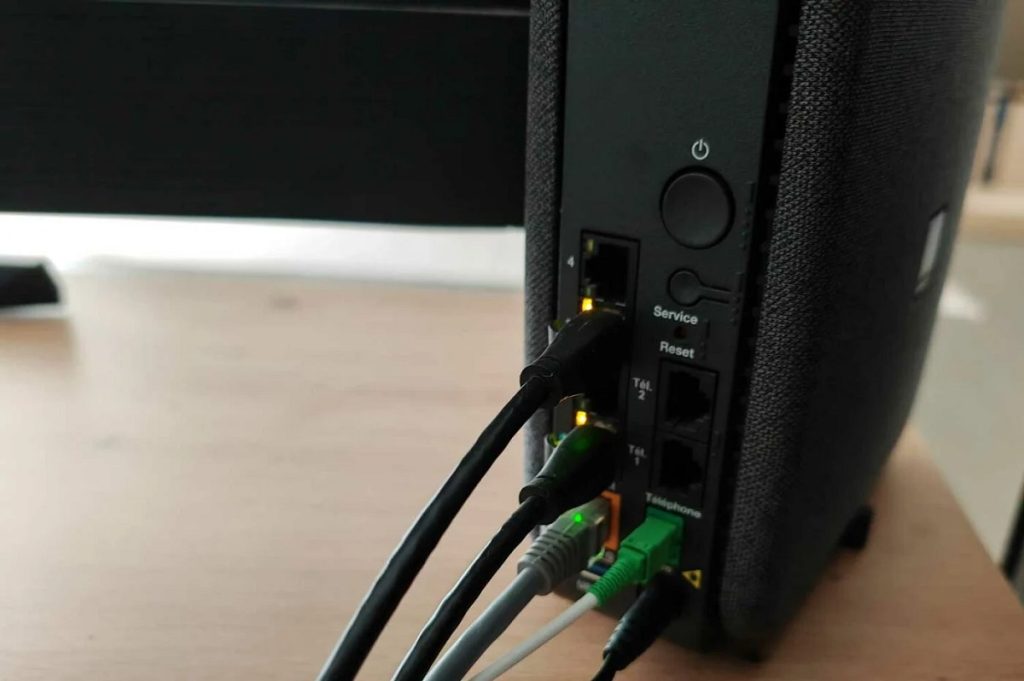As electricity prices continue to rise, especially with the ongoing geopolitical tensions, many of us are becoming increasingly conscious of our energy consumption. One tip that frequently pops up in discussions about cutting down on energy bills is the idea of turning off your Wi-Fi box at night. But does this practice actually lead to real savings on your energy bill, or is it more of a myth? Let’s take a closer look.
An Insight from ARCEP’s Study
A study conducted by ARCEP, the French telecom regulator, sheds some light on the topic. The study, which also gained attention from various tech outlets, focused on the energy consumption of the fiber optic and ADSL boxes found in millions of French homes. In 2022, these boxes consumed a staggering 3.3 terawatt-hours of electricity, accounting for about 2.2% of the total household energy bill.
The ARCEP report reveals that 95% of the energy consumed by a Wi-Fi box is independent of whether the box is actively in use. In simpler terms, even when your Wi-Fi box is not being used, it still continues to consume almost the same amount of energy as when it’s fully operational. So, yes, turning off your Wi-Fi box at night could indeed save a bit of energy, but is it worth it?
The Energy Savings: Are They Worth It?
While it’s true that turning off your Wi-Fi box can save energy, the actual amount of energy saved may seem minimal when compared to other energy-hungry devices in your home. For instance, larger appliances, like your refrigerator or washing machine, consume far more energy than a Wi-Fi box, so it’s best to focus on those devices when looking for ways to reduce your energy bill.
However, this doesn’t mean you should dismiss the idea of unplugging your Wi-Fi box entirely. If you’re already looking for small changes to cut down on electricity costs, turning off devices like these is an easy win. Yet, to see a noticeable reduction in your energy bill, the focus should be on major household appliances that consume far more electricity.
A Broader Approach to Reducing Energy Consumption
Laure de La Raudière, president of ARCEP, acknowledges the progress made by telecom operators to improve energy efficiency. She emphasizes the need for a more rigorous evaluation of these efforts over time and advocates for a holistic approach to eco-design in the tech industry. This approach would involve not just telecom operators but also manufacturers, platforms, and data centers working together to truly reduce the environmental impact of our digital devices.
Some telecom companies have already started marketing their eco-friendly Wi-Fi boxes. For example, Free, one of France’s leading telecom providers, made sure to highlight its commitment to sustainability with the launch of its Freebox Ultra. Similarly, Orange was one of the first major providers to announce a sustainable Wi-Fi box back in 2020, and it has continued to refine the design since then.
What Should You Do?
While turning off your Wi-Fi box at night is a simple step in the right direction, it’s not a game-changer for significantly reducing your energy consumption. Small devices like Wi-Fi boxes are just a small part of the overall energy picture in a typical household. To truly make a dent in your energy bill, you should focus on rethinking how you use your electronic devices—especially household appliances.
That said, ARCEP has plans to incorporate environmental considerations into its strategic roadmap moving forward. The digital world can be a catalyst for energy transition, but it must also minimize its ecological footprint in the short term. Finding the right balance between energy savings and technological advancement will be crucial as we move toward a more sustainable future.
In conclusion, while turning off your Wi-Fi box at night may not lead to huge savings, it’s a good start. For more significant reductions in your energy bill, consider focusing on larger appliances and adopting a more eco-conscious approach to technology and consumption.



